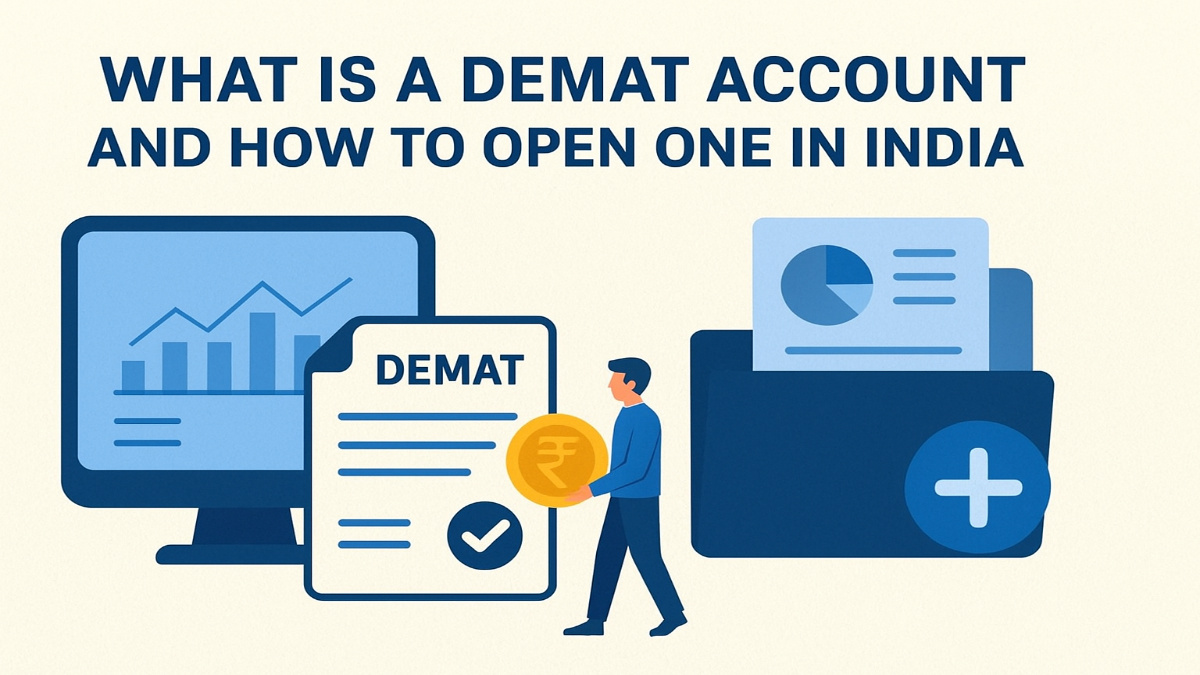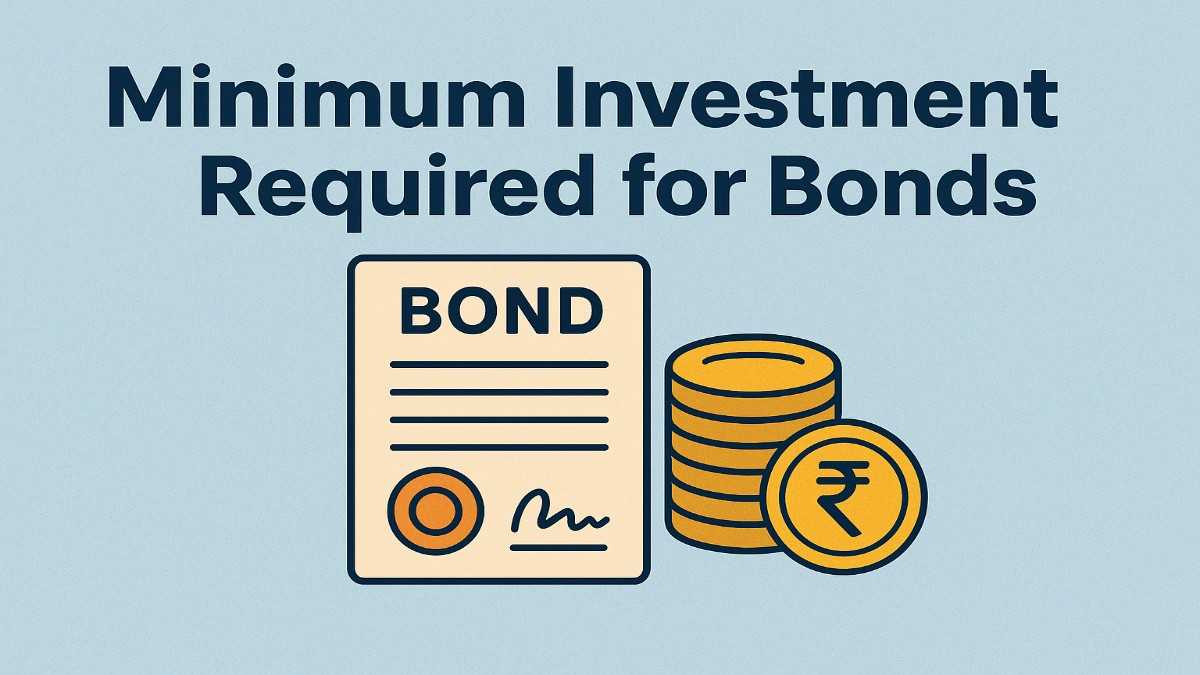Introduction
In India, where millions dream of financial independence, the path to wealth is not just about earning more but about managing and growing your money wisely. The 10 money habits that will make you rich are not just theoretical; they are practiced by self-made millionaires and financial experts worldwide, including in India. By adopting these habits, you can take significant steps toward achieving financial freedom.
As the legendary Indian investor Rakesh Jhunjhunwala once said, “You do not succeed without obsession.” This obsession, in the context of wealth building, is about being disciplined and consistent with your financial habits. Whether you’re a young professional in Mumbai, a small business owner in Delhi, or a retiree in Chennai, these 10 money habits that will make you rich will provide a roadmap to financial success.
Table of Contents
Habit 1: Live Below Your Means
What It Means
Living below your means involves spending less than you earn and resisting the urge to upgrade your lifestyle every time your income increases. It’s about prioritizing savings and investments over unnecessary expenses.
Why It’s Important
This habit is the foundation of the 10 money habits that will make you rich. By spending less than you earn, you create a surplus that can be saved or invested, allowing your money to grow through interest, dividends, or capital appreciation. In India, where inflation often hovers around 4-6% annually, saving this surplus is crucial to stay ahead of rising costs.
How to Implement It
- Create a Budget: Allocate a portion of your income to savings and investments before spending on other expenses. Use apps like Money Manager to track your budget.
- Avoid Lifestyle Inflation: Resist the temptation to buy a bigger house or a luxury car just because your salary increases.
- Practice Frugality: Opt for cost-effective choices, like cooking at home instead of dining out or using public transport when feasible.
Example
Rakesh Jhunjhunwala, known as India’s Warren Buffett, lived in the same modest apartment for decades despite his net worth reaching billions. This frugal lifestyle allowed him to invest more, embodying one of the 10 money habits that will make you rich.
Habit 2: Avoid Debt
What It Means
Avoiding debt means minimizing or eliminating high-interest debt, such as credit card balances, and being cautious about taking unnecessary loans.
Why It’s Important
High-interest debt, like credit card debt with rates as high as 40% in India, can drain your income and limit your ability to save and invest. Avoiding debt is a key component of the 10 money habits that will make you rich because it frees up your income for wealth-building activities.
How to Implement It
- Pay Off High-Interest Debt: Prioritize clearing credit card balances or personal loans with high interest rates.
- Use Credit Cards Wisely: Pay off the full balance each month to avoid interest charges.
- Consider Debt Consolidation: If you have multiple debts, consolidate them into a single loan with a lower interest rate.
Example
Many Indians fall into the trap of using credit cards for daily expenses, leading to spiraling debt. Wealthy individuals, however, avoid such debt, ensuring their money works for them rather than for lenders, aligning with the 10 money habits that will make you rich.
Habit 3: Build an Emergency Fund
What It Means
An emergency fund is a savings account set aside for unexpected expenses, such as medical emergencies or job loss, covering 3-6 months of living expenses.
Why It’s Important
In India, where job security can be uncertain and medical costs can be significant, an emergency fund provides a safety net. It prevents you from dipping into long-term investments or going into debt during crises, making it a vital part of the 10 money habits that will make you rich.
How to Implement It
- Start Small: Begin with as little as ₹5,000 and gradually build up to 3-6 months’ worth of expenses.
- Use Liquid Accounts: Keep the fund in a savings account or short-term fixed deposit for easy access.
- Automate Savings: Set up automatic transfers to your emergency fund each month.
Example
Financial advisors in India recommend starting an emergency fund early. For instance, a young professional in Bengaluru might save ₹10,000 monthly to build a ₹1.5 lakh fund within a year, ensuring financial security.
Habit 4: Invest Wisely

What It Means
Investing wisely involves putting your money into assets like stocks, mutual funds, real estate, or gold to grow your wealth over time.
Why It’s Important
Inflation erodes the value of money, with India’s inflation rate often around 4-6%. Keeping savings in low-interest accounts may not keep up with rising costs. Investing wisely, one of the 10 money habits that will make you rich, allows your money to grow faster through compounding.
How to Implement It
- Start Early: Begin investing as soon as possible to benefit from compounding.
- Diversify Investments: Spread your money across asset classes like mutual funds, stocks, and gold.
- Choose Tax-Efficient Options: Invest in Public Provident Fund (PPF), National Pension Scheme (NPS), or Equity-Linked Savings Scheme (ELSS) mutual funds for tax benefits under Section 80C.
Example
Mutual funds through Systematic Investment Plans (SIPs) are popular in India. Starting with ₹500 per month, an SIP in an equity mutual fund can grow significantly over 15-20 years, leveraging the power of compounding.
Habit 5: Maximize Employer Benefits
What It Means
Take full advantage of employer-provided benefits like retirement matching contributions, health savings accounts, or employee stock purchase plans (ESPPs).
Why It’s Important
These benefits are essentially free money or tax advantages that can boost your savings without extra effort, making them a key part of the 10 money habits that will make you rich.
How to Implement It
- Maximize EPF Contributions: Contribute the maximum eligible amount to your Employee Provident Fund (EPF) to get the full employer match.
- Use Health Benefits: Leverage company-provided health insurance or HSAs for tax-free medical expense savings.
- Participate in ESPPs: If available, buy company stock at a discount through ESPPs.
Example
In India, the EPF is a mandatory contribution scheme where both employee and employer contribute 12% of the basic salary. Maximizing your EPF contributions can significantly enhance your retirement corpus.
Habit 6: Diversify Income Streams
What It Means
Create multiple sources of income beyond your primary job, such as side businesses, investments, or freelance work.
Why It’s Important
Relying on a single income source can be risky in India’s dynamic job market. Multiple income streams provide stability and increase your earning potential, aligning with the 10 money habits that will make you rich.
How to Implement It
- Start a Side Business: Launch an online store or offer tutoring services.
- Invest in Passive Income: Consider rental properties or dividend-paying stocks.
- Explore Gig Economy: Drive for ride-sharing services or deliver goods.
Example
Many Indians supplement their income by starting small businesses, like selling handmade products online or offering freelance services on platforms like Upwork.
Habit 7: Plan for the Future
What It Means
Set clear financial goals and create a plan to achieve them, ensuring your financial decisions align with your long-term objectives.
Why It’s Important
A financial plan keeps you focused and accountable, preventing impulsive decisions that derail your wealth-building efforts. It’s a cornerstone of the 10 money habits that will make you rich.
How to Implement It
- Set SMART Goals: Make goals specific, measurable, achievable, relevant, and time-bound.
- Create a Budget: Ensure your budget supports your goals.
- Review Regularly: Update your plan as your circumstances change.
Example
An Indian couple might set a goal to save ₹50 lakh for their child’s education by investing in a combination of mutual funds and the Sukanya Samriddhi Yojana.
Habit 8: Track Your Spending
What It Means
Monitor where your money goes to identify areas where you can cut back and save more.
Why It’s Important
Without tracking, it’s easy to overspend without realizing it. Tracking your spending, one of the 10 money habits that will make you rich, ensures you live within your means and allocate more to savings and investments.
How to Implement It
- Use Budgeting Apps: Apps like Money Manager or Splitwise can help track expenses.
- Categorize Spending: Identify patterns in your spending habits.
- Set Spending Limits: Allocate specific amounts for discretionary expenses.
Example
Many Indians use apps like Splitwise to track shared expenses with friends or family, ensuring they stay on top of their finances.
Habit 9: Take Calculated Risks
What It Means
Be willing to invest in opportunities with higher potential returns, but only after thorough research and understanding the risks.
Why It’s Important
Wealth building often requires taking risks, but they must be calculated. This habit, part of the 10 money habits that will make you rich, balances potential rewards with risk management.
How to Implement It
- Educate Yourself: Learn about different investment options.
- Start Small: Test riskier investments with small amounts.
- Consult Advisors: Seek professional advice for complex decisions.
Example
Indian investors have benefited from calculated risks in the stock market, particularly in sectors like technology and pharmaceuticals, which have seen significant growth.
Habit 10: Seek Financial Advice
What It Means
Consult with financial professionals to make informed decisions about your money.
Why It’s Important
Even knowledgeable investors seek advice to navigate complex financial products, tax laws, and market conditions. This habit, one of the 10 money habits that will make you rich, ensures you make the most of available opportunities.
How to Implement It
- Find a Certified Advisor: Look for a Certified Financial Planner (CFP) or Registered Investment Advisor (RIA).
- Be Clear About Goals: Share your financial objectives with your advisor.
- Review Regularly: Meet with your advisor periodically to update your plan.
Example
In India, financial advisors can help with retirement planning, tax optimization, and investment strategies, ensuring you maximize your wealth-building potential.
FAQ
What is the best way to start investing with a small amount of money?
Start with mutual funds through Systematic Investment Plans (SIPs). You can begin with as little as ₹500 per month in some funds, making it accessible for beginners.
How can I create multiple streams of income?
Consider starting a side business, freelancing, investing in rental properties, or exploring gig economy opportunities like ride-sharing or delivery services.
What are some common financial mistakes to avoid?
Avoid high-interest debt, not having an emergency fund, not investing early, and making emotional investment decisions.
How important is it to have an emergency fund?
It’s crucial because it provides a safety net for unexpected expenses, preventing you from going into debt or disrupting your long-term investments.
What are the benefits of living below your means?
It allows you to save more, reduce financial stress, and build wealth faster by avoiding lifestyle inflation.
Conclusion
Building wealth is a journey that requires discipline, patience, and the right habits. By adopting these 10 money habits that will make you rich—living below your means, avoiding debt, building an emergency fund, investing wisely, maximizing employer benefits, diversifying income streams, planning for the future, tracking your spending, taking calculated risks, and seeking financial advice—you can set yourself on the path to financial success.
As Rakesh Jhunjhunwala said, “You do not succeed without obsession.” Let that obsession be your commitment to these habits, and watch as your financial future transforms.
Popular Investment Options in India
| Investment Option | Key Features | Risk Level | Tax Benefits |
|---|---|---|---|
| Public Provident Fund (PPF) | 15-year tenure, guaranteed returns, tax-exempt contributions, interest, and withdrawals | Low | Up to ₹1.5 lakh under Section 80C |
| Mutual Funds (SIPs) | Flexible investment amounts, professional management, high return potential | Moderate to High | ELSS funds offer tax benefits under Section 80C |
| National Pension Scheme (NPS) | Retirement-focused, market-linked returns, tax benefits | Moderate | Up to ₹2 lakh under Sections 80C and 80CCD |
| Fixed Deposits (FDs) | Fixed returns, low risk, flexible tenures | Low | Tax-saving FDs offer benefits under Section 80C |
| Gold | Cultural significance, hedge against inflation | Moderate | No specific tax benefits |
Disclaimer: Moneyjack.in provides general financial information for educational purposes only. We are not financial advisors. Content is not personalized advice. Consult a qualified professional before making financial decisions. We are not liable for any losses or damages arising from the use of our content. Always conduct your own research.













